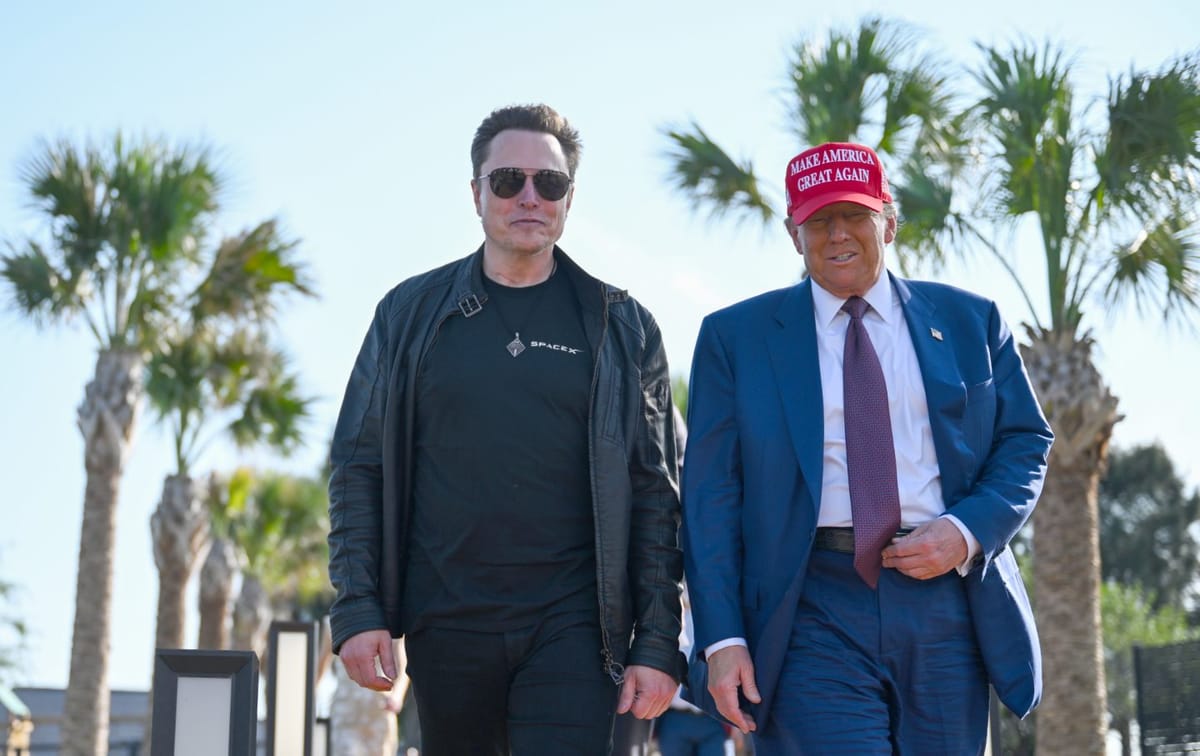Elon Musk Saves $170 Billion: DOGE Initiative, Controversy, and Impact on US Government
Elon Musk claims $170 billion in savings through the DOGE initiative in the US government, but faces public skepticism and debate.

Elon Musk and US Government Efficiency: DOGE Initiative, Savings Claims, and Controversy
Elon Musk is back in the spotlight after concluding his term as a Special Government Employee under President Donald Trump. Through the DOGE (Drive for Organizational Government Efficiency) initiative, Musk claims to have saved up to $170 billion from the US government’s budget. However, these astonishing savings claims have sparked heated public discussion, raising questions about transparency and long-term effectiveness.
Background of Elon Musk’s Appointment
When Donald Trump launched his “Government 2.0” efficiency policy, Elon Musk was chosen for his reputation as a disruptive innovator across multiple sectors. The DOGE initiative was designed to cut bureaucracy, accelerate digitalization, and optimize procurement and contracting at the federal level. With a Silicon Valley-style leadership, Musk pushed for sweeping changes in the structure of the US government.
Concrete Steps and Achievements of DOGE
DOGE implemented a range of tangible reforms, including:
- Digitizing public services, reducing paper use by up to 80%.
- Auditing over 600 strategic vendor contracts, cutting costs by up to 40% in certain sectors.
- Merging data centers and automating public services with AI, significantly reducing operational costs and manual workloads.
- Eliminating duplicate programs across agencies, slashing overlapping budgets by tens of billions of dollars.
The largest savings claim came from digital efficiency and renegotiation of major contracts, as confirmed by internal audits. However, when claims surfaced that DOGE could potentially save up to $1 trillion if adopted nationwide, several fiscal analysts questioned the calculation’s validity.
Controversy and Public Criticism
Many parties have highlighted transparency issues with these savings reports. The Government Accountability Office (GAO) and Brookings Institution described some of the projected savings as “overstated” because they have not yet been fully realized. Additional criticism comes from labor organizations and members of Congress regarding mass layoffs, outsourcing, and cost shifting between agencies.
Nonetheless, President Trump awarded Musk the symbolic “Key to the White House,” acknowledging his significant contributions. The public remains divided—some praise the bold reforms, while others are wary of their social impact.
Elon Musk’s Influence and Legacy
Although his official term has ended, Musk remains an informal adviser and influential figure in government circles. He continues to help shape national technology and digitalization policies, bringing an innovative spirit into what was once a slow-moving bureaucracy.
DOGE is now studied at Harvard and MIT, and some US states have begun limited adoption. The efficiency model has also attracted international attention, positioning the United States as a pioneer in large-scale digital bureaucracy reform.
Long-Term Projections
DOGE’s success is inspiring governments worldwide to adopt similar efficiency models, though its long-term effectiveness and socio-economic impact remain to be seen. Observers note that Elon Musk’s legacy in US bureaucracy will continue to spark global debate: can a major nation truly transform as fast as a startup, or will new challenges arise in the future?





Comments ()